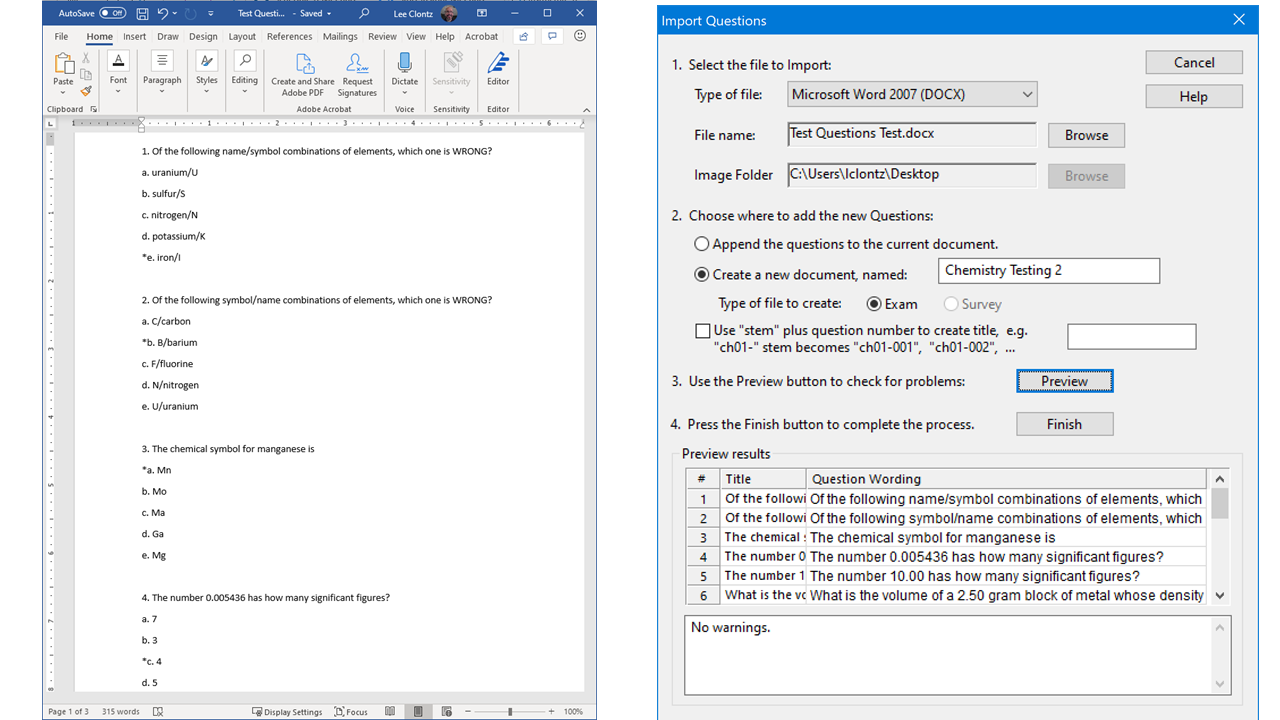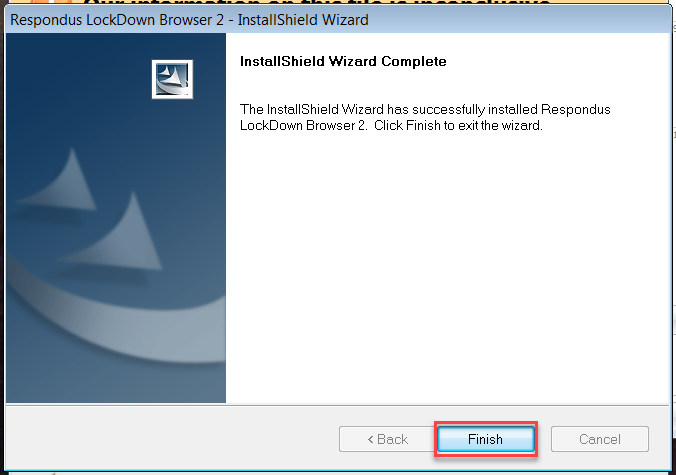Student Tech Support. Student Technology Support (STS) is a free service for Emory students providing technical support and assistance for student-owned devices. STS operates on a first-come, first-serve basis. Most support requests, such as EmoryUnplugged wireless setups or game console registrations, can be handled relatively quickly. Remote Proctoring with Respondus Monitor Respondus Monitor has been Retired Monitor was added to Canvas as part of a one-year, low-cost pilot during the 2020-2021 academic year in support of fully-online learning and the usage was always.
- Emory University Respondus Lockdown Browser
- Respondus
- Emory Respondus Lockdown Browser Download For Students Free
- Respondus Lockdown
- Emory Respondus Lockdown Browser Webcam
The following frequently asked questions (FAQs) were developed in collaboration with Academic Technology Services, the Center for Faculty Development & Excellence, and the Department of Accessibility Services. Apowersoft screen recorder offline installer. They serve as a guide in planning your assessments.
- Respondus LockDown Browser, used for testing environment in Blackboard. – (Student can do before arriving to campus) Go to, download and install: http://www.respondus.com/lockdown/download.php?id=947241074.
- Provide help resources for students: See the student help information at Respondus’s own support resource pages for both Lockdown Browser and Respondus Monitor. Create a practice exam so that all instructors, TAs, and students to try out the process. (This is probably the most important thing to ensure there aren’t problems with Respondus.
Testing time for students can be individually adjusted. Please visit Canvas’s extra test time support page for instructions.
To support a student who needs extra time for breaks during an online exam, DAS recommends adding the break time to the student’s extended time accommodation.
For example, if a student’s accommodation letter indicates they have access to two 10-15 min breaks when requested, the faculty member would add an additional 30 minutes to the exam and the student would self-monitor when they needed a break.
Any student may need to take a break at some point to use the restroom or take care of another need. Consider providing information to all students about best practices for taking a break during an exam.


Be mindful of the setting that you are using in Respondus Monitor and do not enable the video options to track and monitor students, when possible. Review the Support documentation for Respondus Monitor or contact Teaching and Learning Technologies at classes@emory.edu for help getting it set up.
Emory University Respondus Lockdown Browser
If you need to track the use of breaks or you need to be alerted that they are occurring, here are some examples:
- If a student can take a break within the view of the camera, ask them to show a sign when they start their break and show another sign when they end their break.
- If the student needs to take a break outside of the camera view, the option of holding up signs can still be used. If you have additional concerns about maintaining academic integrity during breaks off-camera, consider having all students digitally sign an academic integrity form prior to the exam beginning.
Scenario
To accommodate students with DAS accommodations, I was planning to give everyone in class 150 minutes for a 50-minute exam. I am now getting requests for 1.5X or 2X time based on the 150-minute exam. Why can’t inclusive design strategies work here?
A global time extension might not be effective for all students, given the highly individual nature of disability barriers. Therefore, even though you intend to create a uniform time that will work for everyone, someone may not have adequate access. If you’re considering providing extended time for all students, you may want to revisit what role time constraints play in the assessment.
If a student has an accommodation for extended time, they could argue it is needed based on the duration you are giving the rest of the class. Please consult DAS prior to making this decision.
- While the duration for the whole class is up to you to decide, you can easily adjust individual student testing times. Please see Canvas’s extra time support page for instructions.

Review Remote Proctoring with Respondus Monitor for general guidance.
We understand your interest in knowing which students in your class receive specific accommodations, but we cannot share this information due to confidentiality requirements. Students are responsible for sharing their DAS accommodation letter with their instructors.
For each student’s specific extended time accommodation, you will need to refer to the accommodation letters. During the initial review of each student’s accommodation letter, some faculty will keep a spreadsheet of the student’s last name and extended time to reference later as they prepare Canvas quiz or exam.
Traditional timed, proctored exams are possible using the tools available in Canvas and remote proctoring tools like Respondus Monitor. However, proctored exams have several drawbacks:
- They are often even more stressful for students than in-person proctored exams, which can negatively impact student performance.
- They require substantial planning and setup on the part of faculty and the student. Remote proctoring tools can generate many “false positive” flags that must be reviewed by the faculty member after the exam.
- Not all students have access to the appropriate technology to use remote proctoring tools. In those cases, faculty will have to provide accommodations for such students.
- The technical infrastructure of remote proctoring services has not been utilized at this scale before, so planning must include what to do if the proctoring service crashes during the exam.
- Students may have privacy concerns about third-party recorded remote proctoring. Unlike when students agree to the use of such systems when they register for online classes, during emergency remote instruction students do not have any alternative to remote instruction and their test taking environment may not be conducive to remote proctoring services.
For these reasons, during this time we recommend using alternatives to timed, proctored exams, wherever possible. Large courses reliant on in-person exams should consider open-book exams or frequent low-stakes assessments as alternative assessment strategies that are relatively easy to grade.
We recognize that alternatives to timed, proctored exams run a larger risk of cheating. We gently suggest that during the pandemic and in an online environment, it is better to err on the side of trusting the students than on the side of mistrust. Look for alternative assessment ideas and lower the stakes so there is less incentive for misconduct. And then, trust the students; assume their honesty, academic integrity, and good intentions. The mistake of trusting students too much (and then they cheat) is not as bad as trusting students too little (and imposing intrusive privacy invasions on them, along with your mistrust). Proctored exams also cause burdens for students who need testing accommodations, or who have home environments where quiet spaces and reliable internet are less available. During the pandemic, balance your desires for a standard testing situation against your desires to respect and trust your students, and consider alternative assessments.
For more information on types of assessment methods, please visit the Flexible Teaching Toolkit.
Respondus guidance:
Accessibility Limitations:
- Because it is built on top of Respondus Lockdown Browser, using Respondus Monitor can present challenges for users of assistive technology.
- If the ID verification setting is used, screen reader users can’t scan identify verification, e.g., drivers license or other documentation;
- Video tracking options flag student students with a visual impairment because it can’t track eye focus (instructors would need to ignore these “false positives” when reviewing exam recordings);
- The use of other advanced exam settings could present “false positives” as well.
Additional considerations:
- Keep students informed: Include a statement in your syllabus or exam description, for example:
- All student must review the syllabus and the requirements including the online terms and video testing requirements to determine if they wish to remain in the course. Enrollment in the course is an agreement to abide by and accept all terms.
- Online exams and quizzes within this course may require online proctoring. Therefore, students will be required to have a webcam (USB or internal) with a microphone when taking an exam or quiz. Students understand that this remote recording device is purchased and controlled by the student and that recordings from any private residence must be done with permission of any person residing in the residence. To avoid any concerns in this regard, students should select private spaces for the testing. Students with concerns may discuss the location of an appropriate space for the recordings with their instructor. Students must ensure that any recordings do not invade any third-party privacy concerns. Setup information will be provided prior to taking the proctored exam.
- Provide help resources for students: See the student help information at Respondus’s own support resource pages for both Lockdown Browser and Respondus Monitor.
- Create a practice exam so that all instructors, TAs, and students to try out the process. (This is probably the most important thing to ensure there aren’t problems with Respondus Monitor.)
- Consider whether other forms of proctoring could be implemented:
- A TA or departmental staff member could proctor through Zoom or Canvas Studio.
- The exam could be proctored using the screen share function in Zoom.
- The exam could be proctored with the cameral off but the audio on in either Zoom or Canvas Studio.
- The student could complete the exam without any proctoring and perhaps digitally sign an academic integrity form or type the statement.
- To create semi-private and private space when remotely proctoring in Zoom, consider using breakout rooms in Zoom to proctor a small number of students or individual students.
In some situations, it may be feasible and reasonable to mail a hard copy of an exam with a postmarked envelope for it to be returned. Unlock any phone unlockus universal 0.9 free download.
If the student has a printer, consider sending the exam as a Word document or as a PDF for them to print. Once they have completed the exam, they may choose to scan, take a photo, or use a scanning app on their phone to return the completed exam in a digital format.
If exam proctoring must occur, consider having a TA or departmental staff member proctor via Zoom or Canvas Studio.
Respondus
If you are proctoring your exam through Respondus Monitor or facilitating remote proctoring in another way, one option instructors have done would be to ask the student to black out what they have written with a marker, tear up, or shred the paper in front of the camera.
Emory Respondus Lockdown Browser Download For Students Free
Settings you can adjust in Canvas:
Respondus Lockdown
- Use a pool of questions so students don’t receive all the same questions. This can be done by topic to ensure that students receive equivalent questions
- Randomize the order of the questions
- Randomize the order of the answers
- Don’t allow too much time for the exam in total: A good rule of thumb for M/C or T/F is 1 minutes per question.
- Use short answer or essay responses if you are able.
- Scenario questions are great for application and reducing copying
- Short case study or analysis
Utilize final exam times as much as possible so that students can start the exam at the same time and have a limited amount of time to complete it.
Plan ahead for technology glitches and how you will handle the situation if it arises.
Emory Respondus Lockdown Browser Webcam
- Student has connectivity problems - short internet outage, should be back soon
- Student has connectivity problems - widespread internet outage, will not be back soon
To discuss strategies for your specific course, please contact classes@emory.edu or sign up for a one-on-one consultation.